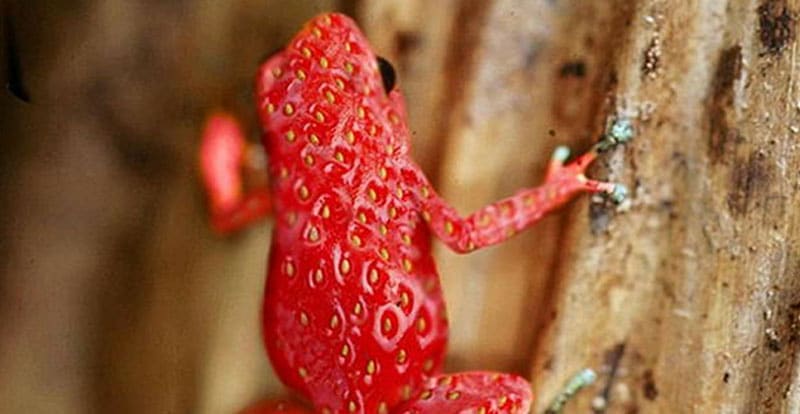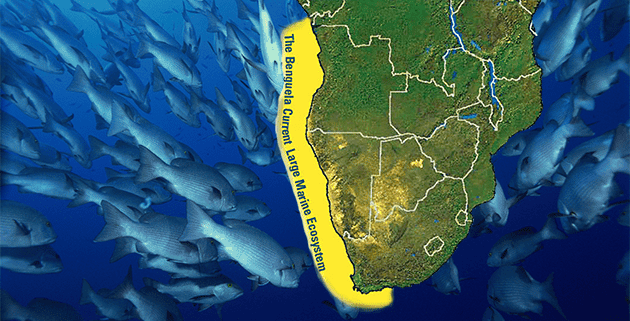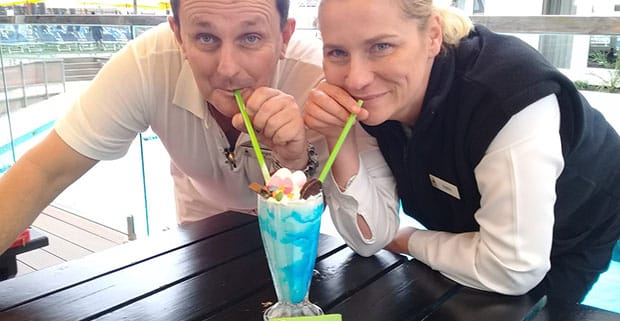Seychelles Bans Plastic Straws
In another step to help protect the environment of Seychelles, the importation of single-use plastic straws will be banned as of 01 February 2019.
According to the Seychelles News Agency, the island nation’s ministry of environment will ban the importation of single-use plastic straws into the country from next month, while a total ban on plastic straw usage will follow in June.
The ban will include straws used in cocktails and other drinks but will exempt plastic straws attached to juice packets, said a top official. “The ban on plastic single-use straws will be implemented in phases. Following the ban on importation, a total ban will be implemented on June 1, 2019,” said Nanette Laure, the director general at the waste enforcement and permit division at the environment ministry.
Laure explained that a total ban means that no individual or company will be able to import, sell, process or manufacture plastic straws in Seychelles – a group 115 islands in the western Indian Ocean. It is not clear if there is any company producing straws in the country, however, manufacturing was included in the policy so as to cover all aspect of such a ban.
One type of straw to be exempted from the ban will be those found on small packets of juice and milk. “We understand the concerns of other partners and NGOs on the use of straws that come with juice packets. Looking at all the factors, we will need to do the ban in phases as the straws on juice packs fall in another category, but this does not mean that it won’t be banned,” said Laure.
The minister of Environment announced that a ban will be implemented on the use of plastic straws during World Environment Day in June 2018. A few days later, the Cabinet of Ministers approved the ban. The public will be able to use paper, pasta or bamboo straws as alternatives. Paper straws are currently the most popular alternative being used.
The Seychelles Hospitality and Tourism Association (SHTA) lobbied the relevant ministry to implement the ban in May last year. The association brought onboard many tourism establishments and many of them are already using alternatives in their restaurants.
“For 2018, our association’s main objective was waste management. We wanted this to be top on our agenda as there was no mention of waste management in the 2018 State of the Nation Address by the president,” said the chairperson of the SHTA, Sybille Cardon. “Straws are easy, but we acknowledge that this will also take time as we have to also educate people on why do we need to use more environmentally friendly alternatives.”
The hospitality group that owns Carana Beach has extended the ‘Refuse the Straw’ campaign to its other properties on Denis Private Island and the Indian Ocean Lodge on Praslin.
The ban on plastic straws is part of an ongoing strategy to reduce and manage the amount of waste that is ending up on landfill sites. Laure said that plastic is the main type of waste that is making its way to the landfill.
To tackle this, the Ministry of Environment, Energy and Climate Change implemented a ban on the importation of Styrofoam takeaway boxes, and plastic items such as carrier bags, plates, cups and cutlery, which took effect in January 2017.





